Have you always wanted to get a guinea pig? Here’s a quick guide on tips you have to know before getting one! There are 13 breeds recognized by the American Cavy Breeders Association and these can be told apart by the kind of coating they have. There are different kinds ranging from black to cream, short or long haired and many other different characteristics.
For this reason, it is very important to learn about the specific breed you are getting, as their health requirements and temperament can vary accordingly. Although not known by many, keep in mind that guinea pigs are also very vocal animals. They emit up to seven different sound patterns. Learn to identify some of them! Whistling might mean they are excited, purring has different meanings like feeling very comfortable or annoyed, and hissing is definitely a sound they make when they are not happy! Newly born guinea pigs weigh only 100 grams and are highly precocial, this meaning that quickly after being born, these little pigs have their eyes wide open and the proper motor function to stand up and get going!
They are also born with hair after just three months of gestation and have a lactation period of 21 days. Guinea pigs are a little sensitive to environmental changes and can even refuse food or water for a couple of days following such events. It is commonly known that a second guinea pig can help with dealing with stressful events so… this is a factor you might want to consider before getting just one!

Special Care
Remember to keep a close watch and spend enough time with your guinea pig, so that you are capable of recognizing any sudden changes in behavior. Many times, animals don’t make it obvious that they are sick. Therefore, if you don’t know what constitutes as a normal behavior, it will be difficult to tell when they are in need of medical attention. Plus, this is the best time to handle or pet your guinea pigs to get comfortable with you. However, just like everything make sure you take things slowly and patiently with guinea pigs. Take a look at this step by step blog to learn how to bond with your guinea pigs.
If you have never had a guinea pig, here is something new for you: they produce two kinds of “fecal matter” or poop. Does this sound strange to you? Well, it is actually quite intriguing. The first one is rich in nitrogen and is consumed mostly when there is a poor diet or not enough food is being fed. This allows guinea pigs to recycle useful elements that had not been used the first time they travelled through the intestine. Remember that baby animals always want to chew through everything. It would be a great idea for you to check out your house from their perspective and make sure that there are no harmful objects that can harm your piggy.

Cage & Bedding
Since guinea pigs typically live on traditional bedding (paper & wood bedding), it is common for them to develop respiratory issues. Respiratory infections are usually caused by bacterial infections and some of the symptoms to look out for are fever, depression, nasal discharge, or difficulty breathing. However, there are multiple preventive measures that you can take to avoid this in the future. Providing good materials for bedding is essential. Try to avoid pine or cedar wood shavings. This contains a tiny powder that are actually wood shavings and are highly irritable for the respiratory tract. Alongside this, this material can easily contain high quantities of bacteria like Bordetella or Streptococcus that can cause sickness. This is why we encourage you to have convenient and healthy guinea pig bedding like GuineaDad Liners, intentionally developed to prevent bacterial infections. It is also extremely important that the cage is always clean to minimize respiratory membrane irritation.

Diet
Water is a very, if not the most important thing in an animal’s diet and must always be available to them. Guinea pigs do not usually know how to use sipper tubes so you must teach them to use the tubes. You can teach them by tapping on the nozzle until the guinea pigs realize and able to use it to drink water.
In the first couple of months of your piggy’s life, try to expose them to different kinds of meals slowly. This will make it easier in the future for them to adapt to different diets and help vary and enrich their nutrition without upsetting their stomach. Remember that the best way to keep disease away is by having a healthy and controlled diet.
Hay is an essential part of the guinea pig diet. Hay is another substance used for guinea pigs and they are allowed to munch on it as much as they want. Hay for guinea pigs needs to be provided in an abundant manner, so they can have hay at all times. Quality fresh hay supplies guinea pigs with essential fiber and nutrients which could prevent digestive problems all the while helping maintain the guinea pig’s dental health. We recommend our GuineaDad Hay Box or GuineaDad Hay Bar to provide the best quality hay without worrying about contaminating them. For under 6 months old guinea pigs, try to supplement with alfalfa hay to supplement their growth.
Guinea Pig's diet should consist of unlimited amount of hay, about 1 cup of vegetables a day, and 1/8 cups of pellets a day (with fortified vitamin c, if the vegetables given does not contain enough vitamin). Please reference our blog What Vegetables can Guinea Pigs Eat? Veggies Good for Guinea Pigs' Diet for some tips!

Medical Care
Find and visit exotic veterinarians at least one a year to make sure their guinea pig is healthy. Usually, guinea pigs are bought or adopted from one month of life on. Why is this? The first month is when they learn to socialize with others of their own species. They are taught to play, when another guinea pig is angry, social bonds and food habits. This is an excellent time for a new owner to become part of the guinea pig’s life.
Conclusion
If you want to become a baby guinea pig parent, you have to pay great attention to care for baby guinea pigs - from cage & bedding to diet & medical care. We hope this article was helpful to everyone in making an informed decision. With these consideration in mind, you are ready to welcome your little new furry friends now! :)


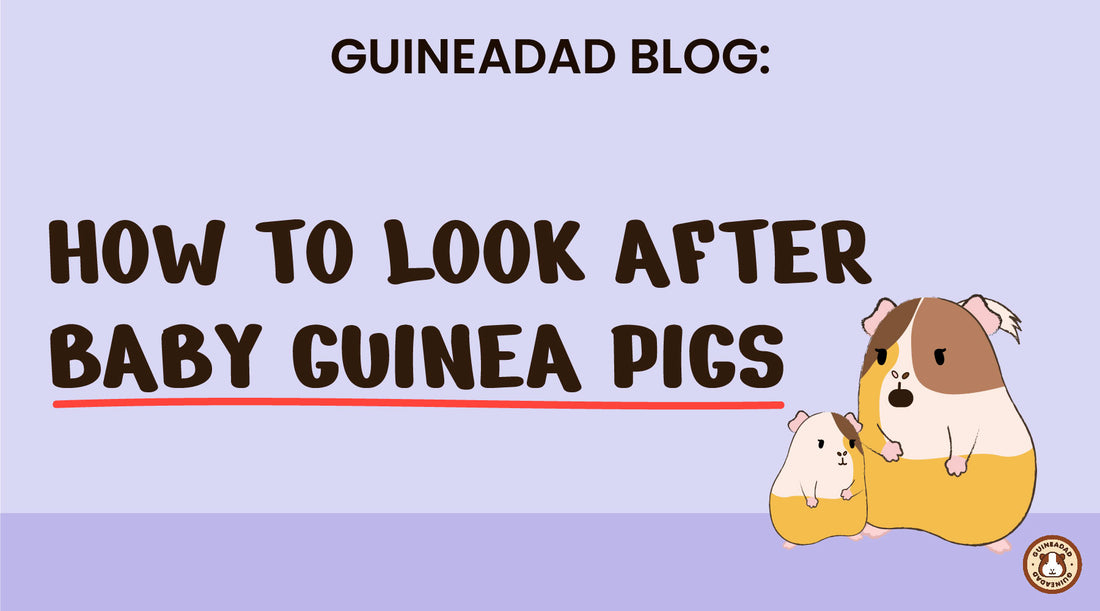







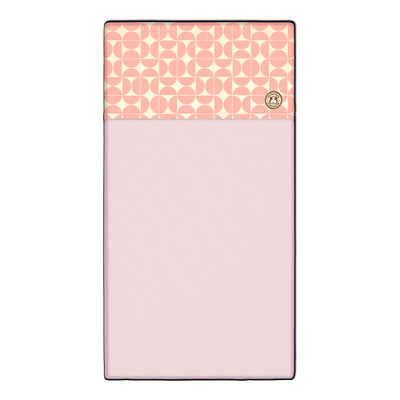
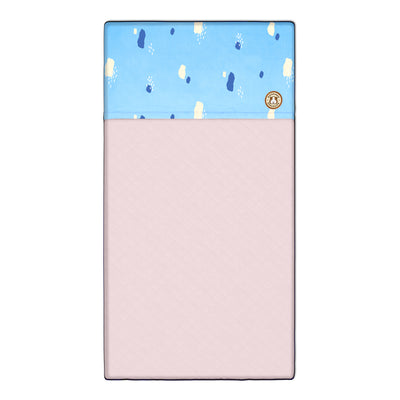
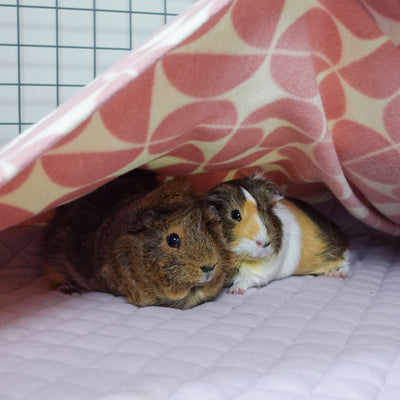
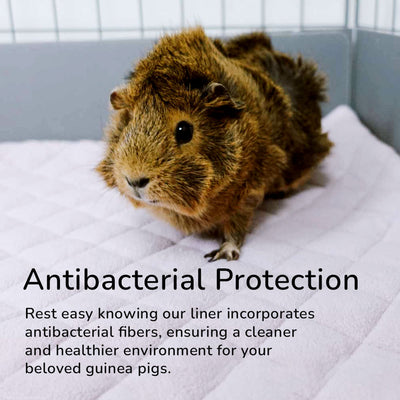
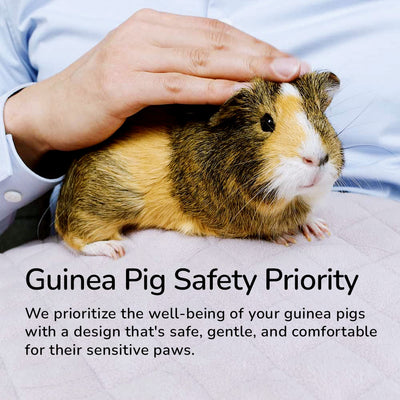







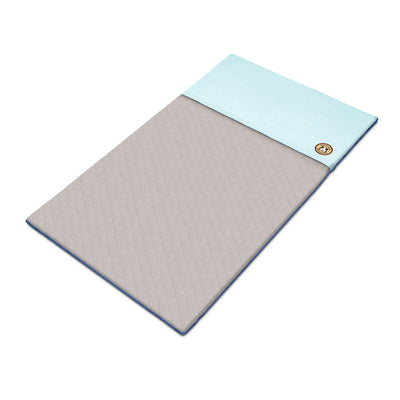
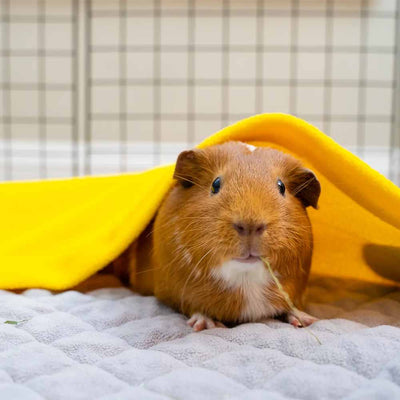
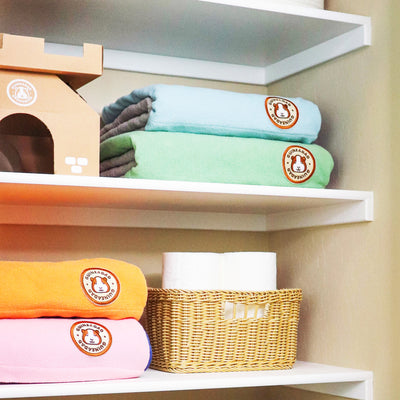
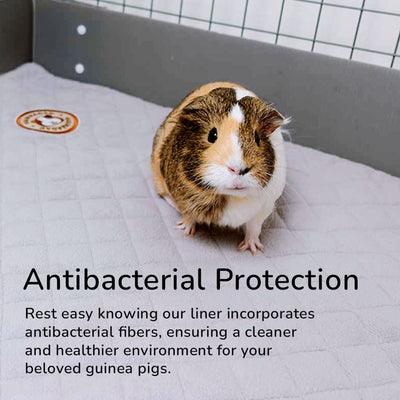
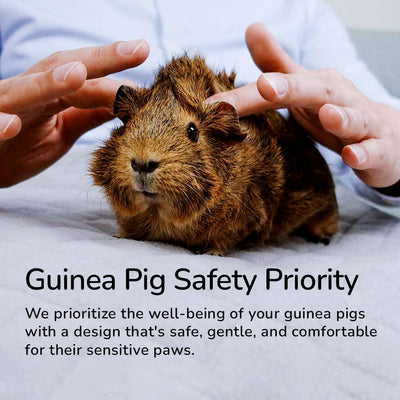

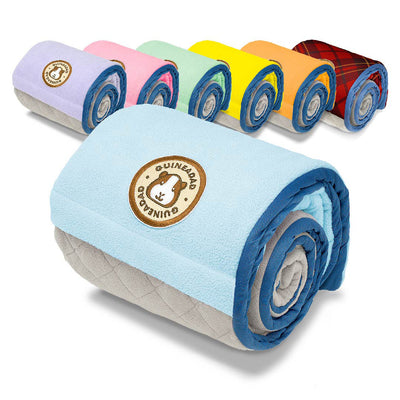


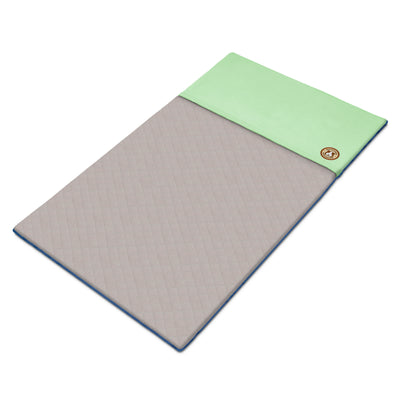
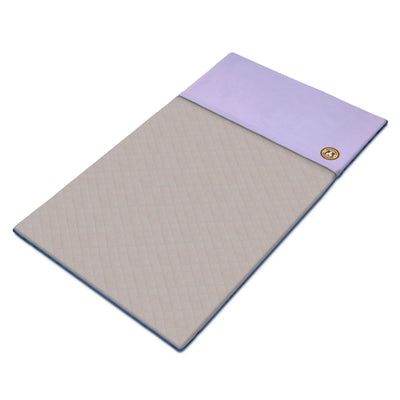
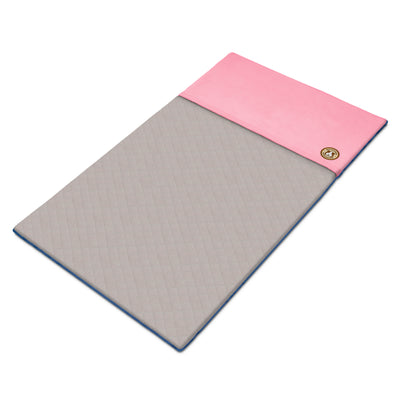
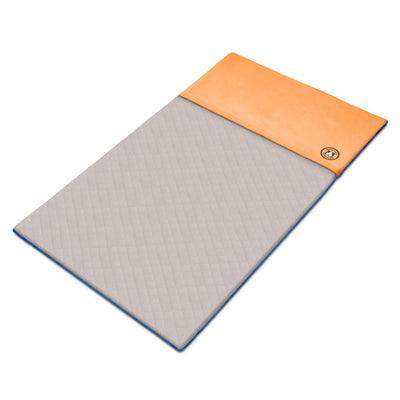
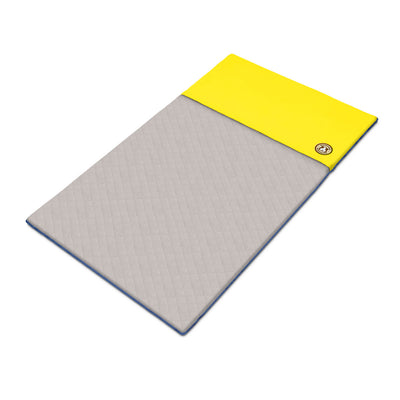
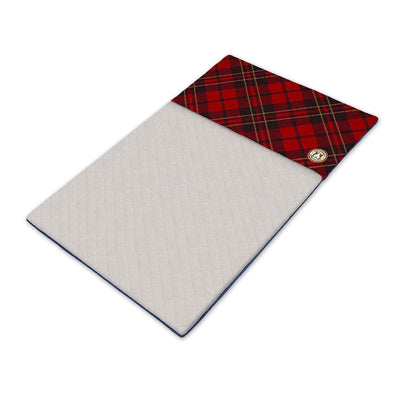
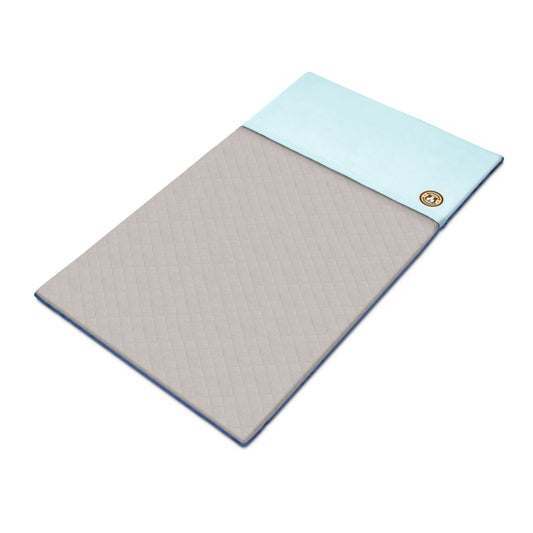







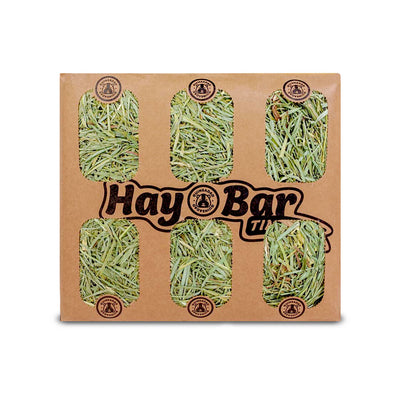
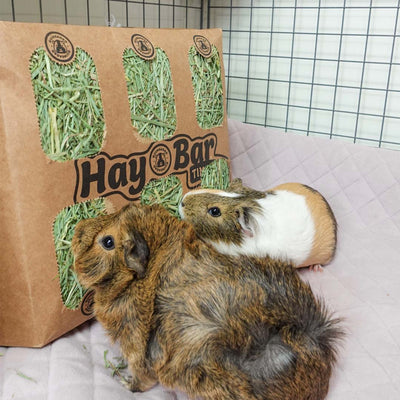
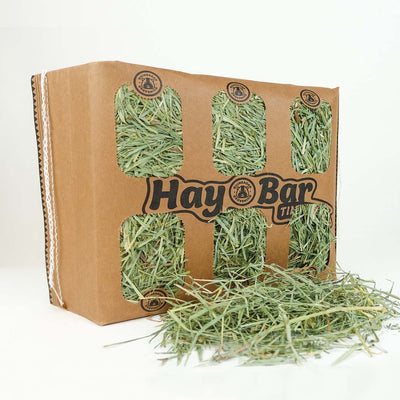
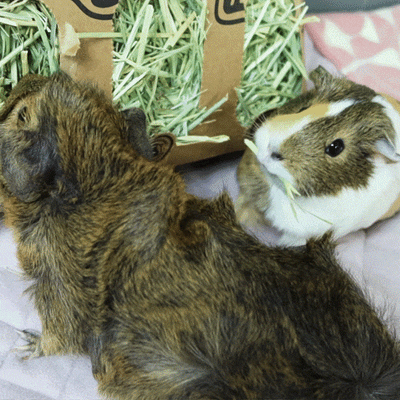
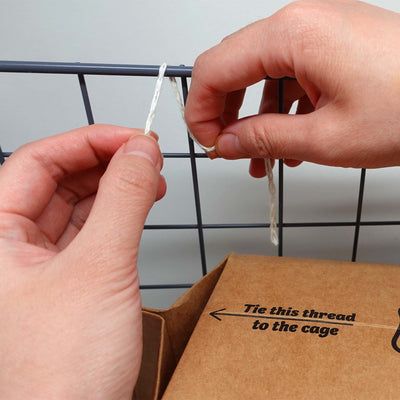
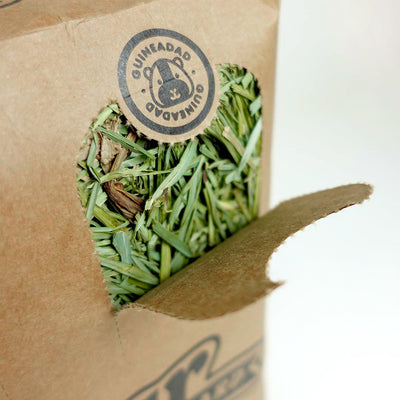
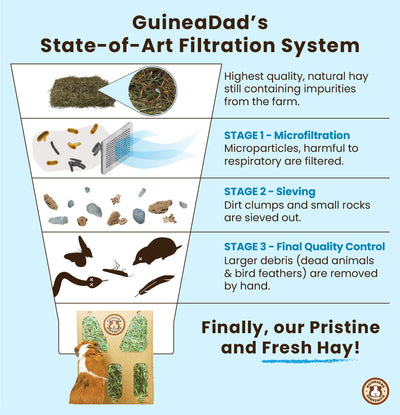
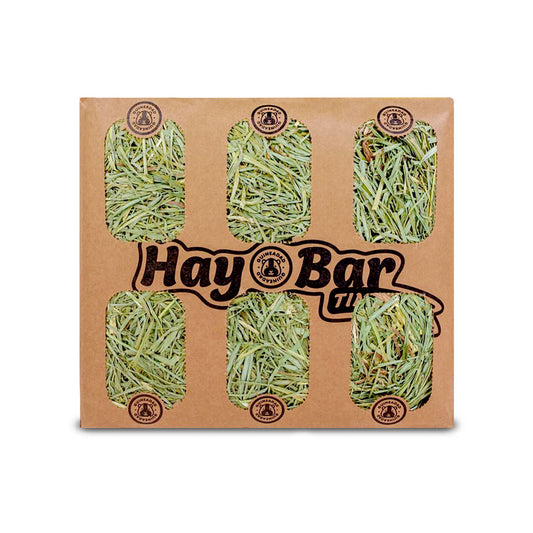
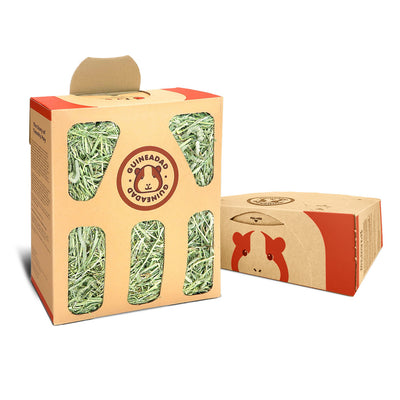
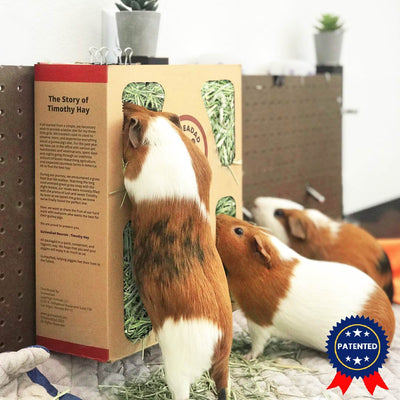
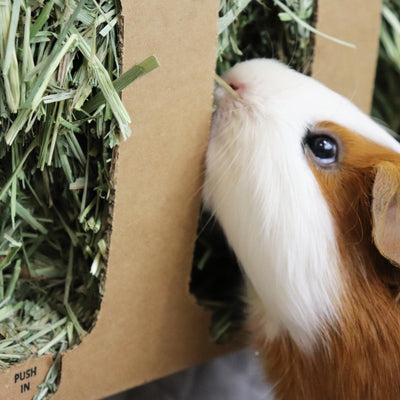
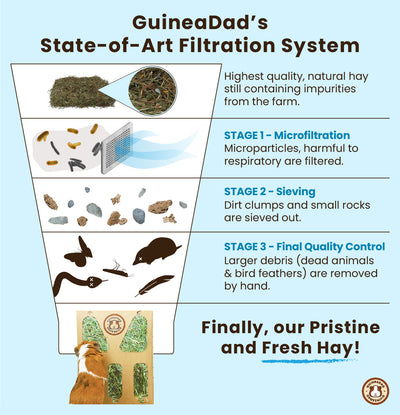
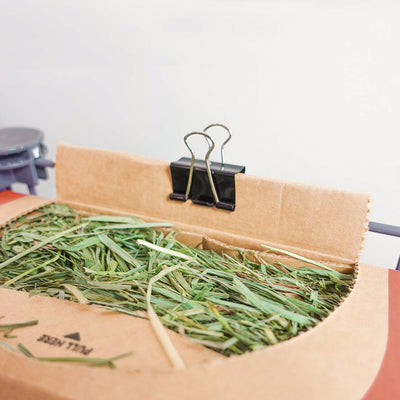
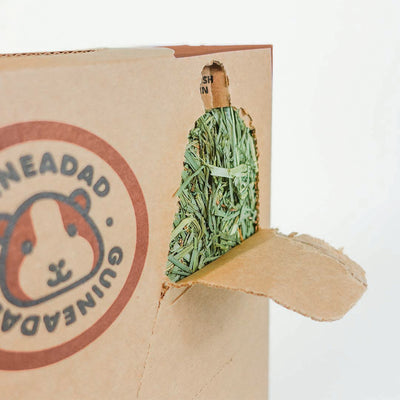
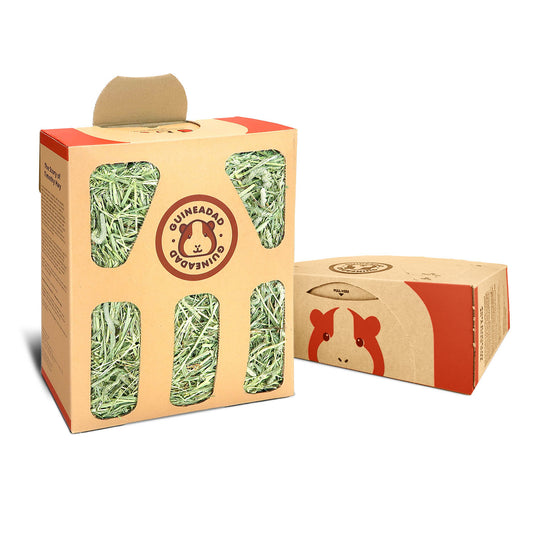
5 comments
I just got a 2 week old guinea pig as a companion to my other guinea pig I do have them separate as I just got her a day ago but I don’t believe she is drinking she is eating but not drinking I have put a water bottle and a bowl of water but I’ve never see her drink should I be worried I’ve never owned a baby guinea pig this young before
Hello! I recently have got two 6-8 week old Guinea pigs, one is such a cuddler (scruff) and does enjoy treats but isn’t tempted with them, and our other one (ROMAIN) has lots and lots of energy, chews everything (including us) and has bit me and drawn blood. Scruff has nipped and nibbled but nothing even close to what romain will do, although it’s not out of fear. Romain will run up and greet me in the cage, eats treats from my hands, allows me to pet him and pick him up, all without nibbling or biting at all. When we have them out of the cage is when he will get curious and come over and kiss our hands/fingers, and then he Will bite down and it was just nibbles at first but I feel like it’s just gotten harder and harder and then he drew blood from my finger. I guess my question is will he grow out of this and is there anything I can do to discourage him from this behaviour? Everything I have read just says put him back in the cage or ignore the cage for a bit after the bite. We follow these guidelines and never yell or aggressively handle our Guinea pig babies :)
Any advice is appreciated!
Thanks!
My two guineas are just one years old but still have the instinct to chew everything! Is that normal
What if you do not give your piggy any fruit? And what fruit do you recommend for them?
Hi. Can you tell me what vegetables new borns and a couple of weeks old can eat safely? And how much a baby gets